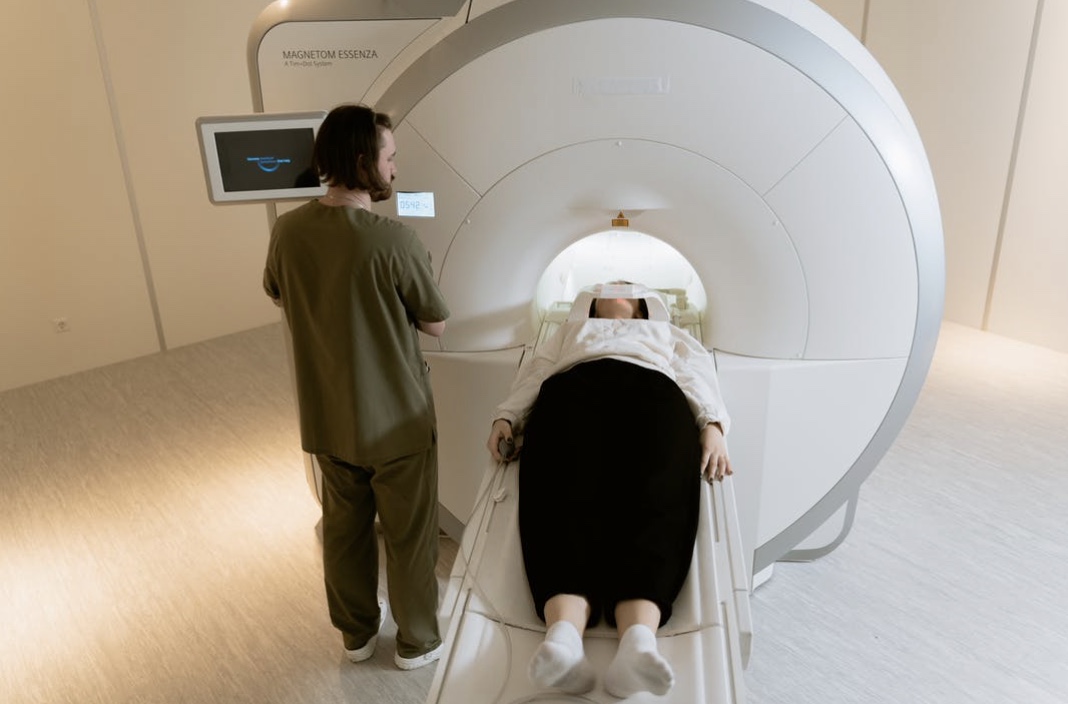Due to the growth in population worldwide, today, the healthcare sector is continuously evolving. Gone are the days when the healthcare industry only had doctors, physicians, or nurses. The present age demands the healthcare sector to introduce many different job roles to run the field smoothly and provide high-quality care.
Individuals who love to help people in need but at the same time don’t want to pursue a career as a physician can go for an alternative career in the health sector. It is to note that these non-physician careers are no less than physicians and have higher earning potentials. There are plenty of non-clinical career choices for students who want to make a career in the healthcare industry but don’t want the typical doctor job. Below is the list of some of the rising non-physician careers:
1. HEALTHCARE ADMINISTRATOR
Individuals with a sound knowledge of business and a passion for the healthcare field can choose to become healthcare administrators. Also known by the name of health service managers, these professionals improve the healthcare system to provide optimum care. Not only this, but they also ensure that the employees in a medical facility comply with the rules and feel satisfied with their jobs. On any given day, their day-to-day job responsibilities include:
- Monitor the expenses and prepare budgets
- Maintain the reports of inventory and stock
- Create regulations and policies for the healthcare facilities
- Keep the medical records of patients up to date
- Coordinate with the other staff to resolve issues
- Conduct interviews and recruit new employees
Professionals in this field can earn an online master in health administration to progress into advanced roles. The degree provides healthcare administrators with the opportunity to enhance their experience with modern business skills to become industry leaders. Since BLS reports this occupation’s growth by 32%, students can expect an average salary of $100,980 each year.
2. PHARMACIST
No doubt, doctors are responsible for prescribing medications for treatment. However, pharmacists are in charge of dispensing and counseling on how to use medicines safely. They usually work in hospitals or community pharmacies, general stores, or other healthcare facilities. The day-to-day job responsibilities of pharmacists include:
- Prepare medications as prescribed by physicians and advise patients and other health professionals of effective medication use
- Oversee drug therapies for patients
- Adheres to state and federal drug law while preparing and dispensing medications
- Keep records of drugs and remove expired medicines
- Make sure the working environment is safe and clean
Individuals seeking this profession must earn a four-year doctoral degree (Pharm.D) and licensure by passing two exams. Thus, students willing to pursue a career in this field can expect a nice income.
3. SPEECH PATHOLOGISTS
Speech-Language Pathologists, or simply speech pathologists, as the name suggests, are responsible for treating patients with speech and language problems. These individuals work with all age groups, from infants to adults. The speech pathologist’s work setting may include hospitals, physician offices, private centers, educational institutions, or even rehabilitation centers. Their typical job responsibilities are:
- Conducts speech, hearing, and language tests
- Diagnose and provide treatment plans for patients
- Educate patients and their families about disorder or causes and treatment strategies
Individuals must earn a minimum of a master’s degree in communication sciences or disorders to work as professional Speech-language pathologists. According to the Bureau of Labour Statistics, speech pathologists’ employment rate would grow by 25% between 2019 and 2029.
4. GENETIC COUNSELOR
With the advancement in technology, the demand for genetic counselors has also increased. It is because these professionals make use of the latest machines to examine a patient’s DNA to determine congenital abnormalities. Genetic counselors can work in several work settings such as hospitals, private clinics, governmental or non-profit organizations, laboratories, and many more. Some of the typical job responsibilities of genetic counselors are:
- Analyze the past medical records and family history of patients
- Educate patients about the inherited diseases and the potential risks involved with them
- Consult about testing methods about genetic orders with patients and families
Those looking forward to being a part of this emerging career must earn a master’s degree in genetic counseling. These individuals can make a median pay of $81,880 per year. According to BLS, this field will grow 21% by 2029, demonstrating a much faster rate.
5. RADIATION THERAPIST
The job might seem quite challenging for professionals since they would be working closely with severely ill patients, but it is a gratifying career. These professionals work with oncology teams to plan and execute radiation treatments for cancer patients. Radiation therapist usually works long hours in hospitals or cancer treatment centers. The typical job duties of radiation therapists include:
- Ensure the machines are in good working condition for a better treatment process
- Counsel patients and families on the treatment process and plans
- Take an X-ray to determine the exact location of the treatment
- Keep records of patients and look out for any unusual reaction in the treatment
Individuals with a bachelor’s degree in radiation therapy and good technical skills can enter this field. The average salary of a radiation therapist is $85,560 as of May 2019, as per BLS.
CONCLUSION
Although one cannot overlook physicians; however, there are many other attractive career options in healthcare that are high in demand. These lucrative careers are best for those individuals that want to step their foot in healthcare. Individuals can play their part in making the healthcare industry more robust and effective by pursuing non-clinical roles.

